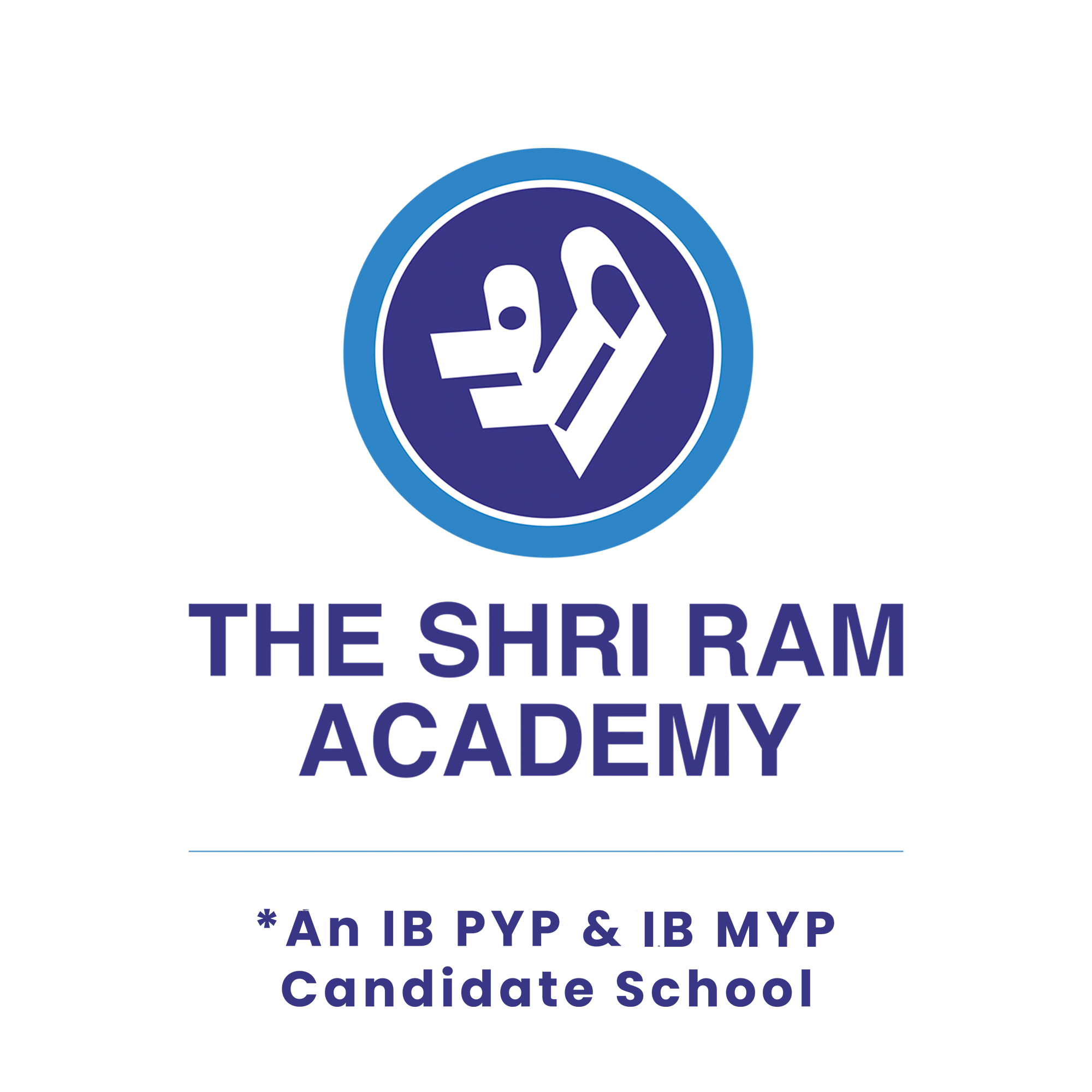
IB vs ICSE: Which Curriculum Encourages Holistic Development in Students?
IB vs ICSE: Which Curriculum Encourages Holistic Development in Students?
Picture a parent weighing two promising paths for their child’s future: the IB’s inquiry-driven learning and the ICSE’s strong academic foundation and subject depth.
As education changes, parents want schools that support both academic success and overall development for their child. That raises the question: which curriculum really fosters holistic growth?
In this blog, we will focus on the differences between the IB and ICSE, examine their teaching philosophies, and guide you towards the curriculum that aligns with your child’s learning journey.
Understanding the Two Curricula: IB and ICSE
The International Baccalaureate (IB) and the Indian Certificate of Secondary Education (ICSE) are two prominent educational boards, each with a distinct approach to learning.
- International Baccalaureate (IB)
The IB is a globally recognised educational framework, providing four educational programs for students aged 3 to 19 that focus on developing critical thinking, creativity, and intercultural understanding.
It offers four stages:
- Primary Years Programme (PYP) – For students aged 3-12, focusing on inquiry-based learning.
- Middle Years Programme (MYP) – For students aged 11-16, focus on skill development and foundation.
- Diploma Programme (DP) – For students aged 16-19, offering in-depth study across six subject groups.
- Career-related Programme (CP) – It focuses on career-oriented education for older students.
- Indian Certificate of Secondary Education (ICSE)
The ICSE is an Indian national curriculum that emphasises comprehensive learning and practical applications of knowledge. It is known for its strong academic structure, emphasis on English proficiency, and balanced study.
It provides a strong grounding for Indian universities and is increasingly recognised internationally.
ICSE students build analytical, linguistic, and problem-solving skills, preparing them well for Indian competitive examinations and higher studies.
Key Comparison: IB Board Vs ICSE in Promoting Holistic Development
While both boards provide quality education, here are some key comparisons between the two –
Feature | IB | ICSE |
Learning Approach | It provides a student-centric and concept-driven approach that encourages students to ask “why” and “how”, making learning highly engaging. | It follows a traditional, structured, and textbook-based approach. It aims to develop a deep understanding of subjects through classroom instruction and practical application. |
Focus on Creativity and Critical Thinking | With its interdisciplinary projects and Theory of Knowledge (TOK) component, it invites students to ask questions, explore, and reflect. | It develops logical reasoning and critical thinking through detailed subject knowledge and conceptual clarity. |
Emotional and Social Development | It places a focus on emotional, personal, and ethical growth through its creativity, activity, and service (CAS) component. | It offers co-curricular activities and life skills, but has a more limited, less formalised focus on socio-emotional development. |
Assessment Style | It uses continuous and multifaceted evaluation of students throughout the year, with a combination of projects, essays, oral presentations, and final external examinations. | It relies more on final, annual examinations with internal assessments and practicals in select subjects. |
Global Vs National Relevance | It is recognised by global universities, making it ideal for students planning international higher education. | It provides a strong Indian academic grounding, offering a solid foundation for national boards, entrance exams, and Indian universities. |
Why Many Parents in India Are Choosing IB for Holistic Development
The IB curriculum benefits extend beyond academics. It fosters a mindset that blends curiosity with compassion.
- Global Methodology: The IB curriculum encourages students to think globally and appreciate diverse cultures and viewpoints.
- Inquiry-based Learning: The IB encourage students to ask questions, explore concepts with curiosity, and engage in research.
- Balanced Curriculum beyond Academics: The IB prioritises the development of the “whole student” by intellectually, socially, and emotionally.
- Enhanced University Preparedness: IB graduates are often well-prepared for university-level work due to the program’s emphasis on research and independent study.
- Future-Ready Skills: It focuses on independent research, critical analysis, and cross-cultural understanding to prepare students for future-ready skills.
How to Decide Which Curriculum Fits Your Child Best
The learning style, personality, and future ambitions of the child guide the selection between IB or ICSE curricula.
The IB system emphasises a more integrated, inquiry-based, and adaptable approach to learning aimed at students pursuing an international education and comprehensive skill development.
Additionally, ICSE provides a more systematic and rigid syllabus designed for students focused on building a strong academic base and preparing for Indian competitive examinations.
Additionally, visiting the school, talking with teachers, and observing their teaching methods can help you determine which environment best motivates your child.
Conclusion
Both the IB and ICSE are solid educational boards. They each have their own strengths and cater to different educational needs based on what the student is looking for.
The ICSE builds discipline, strong academics, and a detailed understanding of subjects, while IB nurtures inquiry, critical thinking, global citizenship, and a well-rounded personality through its unique core components.
The choice between IB and ICSE depends on your child’s curiosity, interests, and temperament. The Shree Ram Academic, one of the International Schools in Hyderabad, provides a unique learning environment to help every child develop holistically.
Frequently Asked Questions
- Which is better for overall development – IB or ICSE?
The best choice depends on the child’s goals and learning approach.
- Is IB harder than ICSE?
Yes, the International Baccalaureate (IB) is generally considered more difficult than the Indian Certificate of Secondary Education (ICSE).
- Do IB students perform better in international universities?
Yes, IB students generally perform better in International Universities due to their rigorous curriculum and skill-based learning.
- Can a student switch from ICSE to IB?
Yes, many schools in India allow students to switch from ICSE to IB, especially at middle or high school levels, with academic support provided.




Leave a Reply